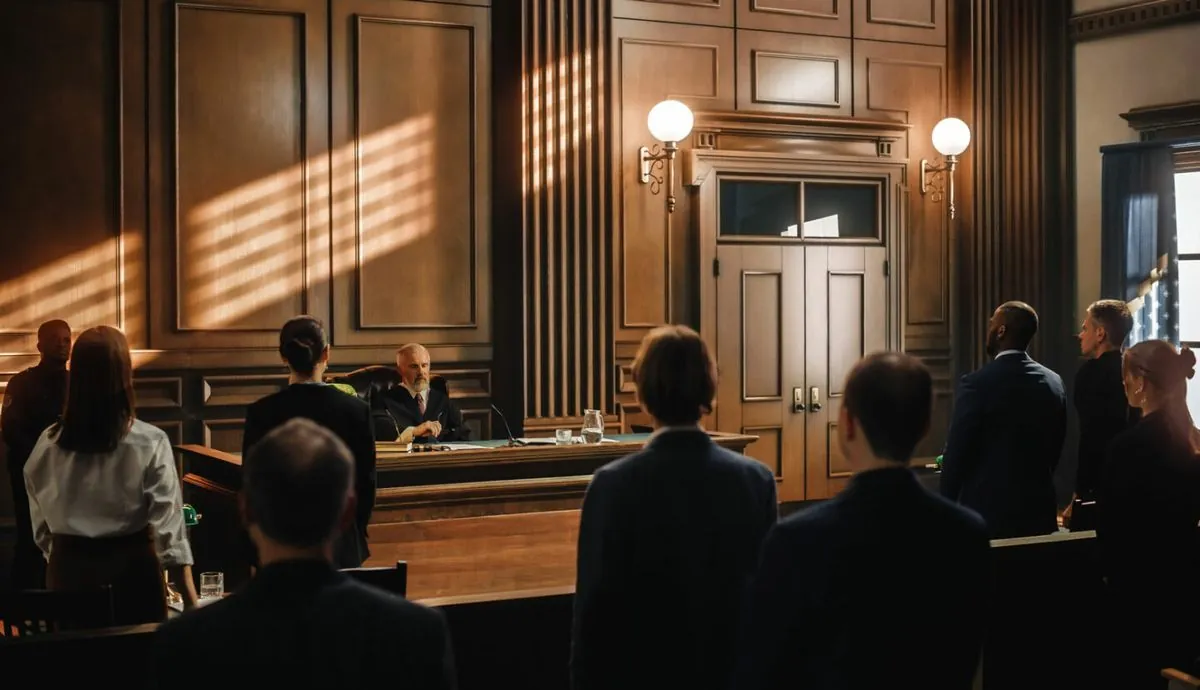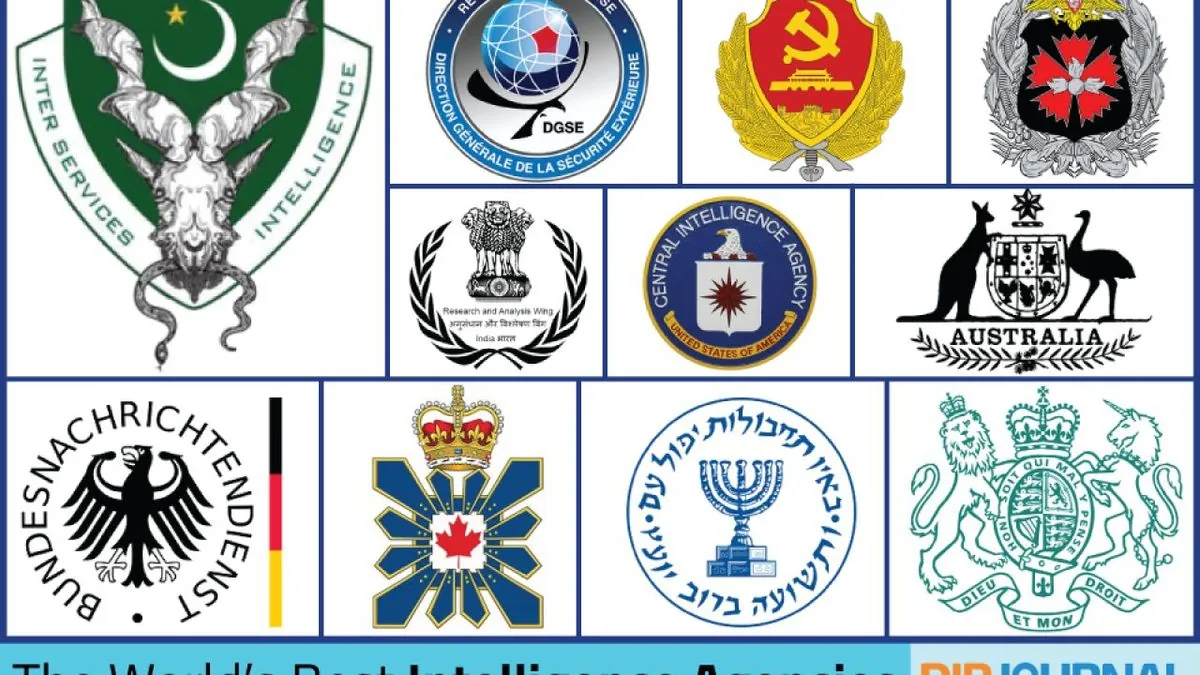Australian Couple Faces Espionage Charges in Landmark Case
An Australian army private and her husband are accused of being Russian spies. Prosecutors have until December to finalize their case, marking the first use of Australia's updated espionage laws.

In a significant development for Australia's national security, Kira Korolev and her husband Igor Korolev are facing espionage charges in Brisbane. This case marks the inaugural application of Australia's modernized espionage laws, enacted in 2018 to address evolving security threats.
The couple, who have resided in Australia for approximately a decade, were charged in July 2023. Kira Korolev, a 40-year-old information systems technician in the Australian Army, has been suspended from duty since her arrest. Her 62-year-old spouse, Igor Korolev, is employed as an independent laborer.
Prosecutor Ellie McDonald has requested additional time to examine evidence from twelve electronic devices seized from the couple. Magistrate Peter Saggers has set December 13, 2024, as the deadline for presenting a comprehensive brief of evidence to the defense team.

The allegations against the Korolevs include Kira's undisclosed travel to Russia in 2023 while on leave from the army, and instructions to her husband on accessing her official work computer account. These actions, if proven, could have serious implications for national security.
"Another wave of anti-Russian paranoia in Australia."
The Russian embassy has dismissed the charges, characterizing them as an attempt to fuel anti-Russian sentiment in Australia. However, this case highlights the ongoing concerns about foreign interference and the measures taken to protect sensitive information.
Australia's involvement in the Five Eyes intelligence alliance underscores the importance of robust counter-espionage efforts. The Australian Security Intelligence Organisation (ASIO) plays a crucial role in identifying and mitigating such threats.
If convicted, the Korolevs could face up to 15 years in prison. Should evidence emerge of information being shared with Russia, the charges could be escalated, potentially resulting in life sentences.
This case serves as a reminder of the complex landscape of international relations and the ongoing challenges in safeguarding national interests in the digital age. As the legal proceedings unfold, they will likely draw attention to the balance between national security and individual rights in modern Australia.


































